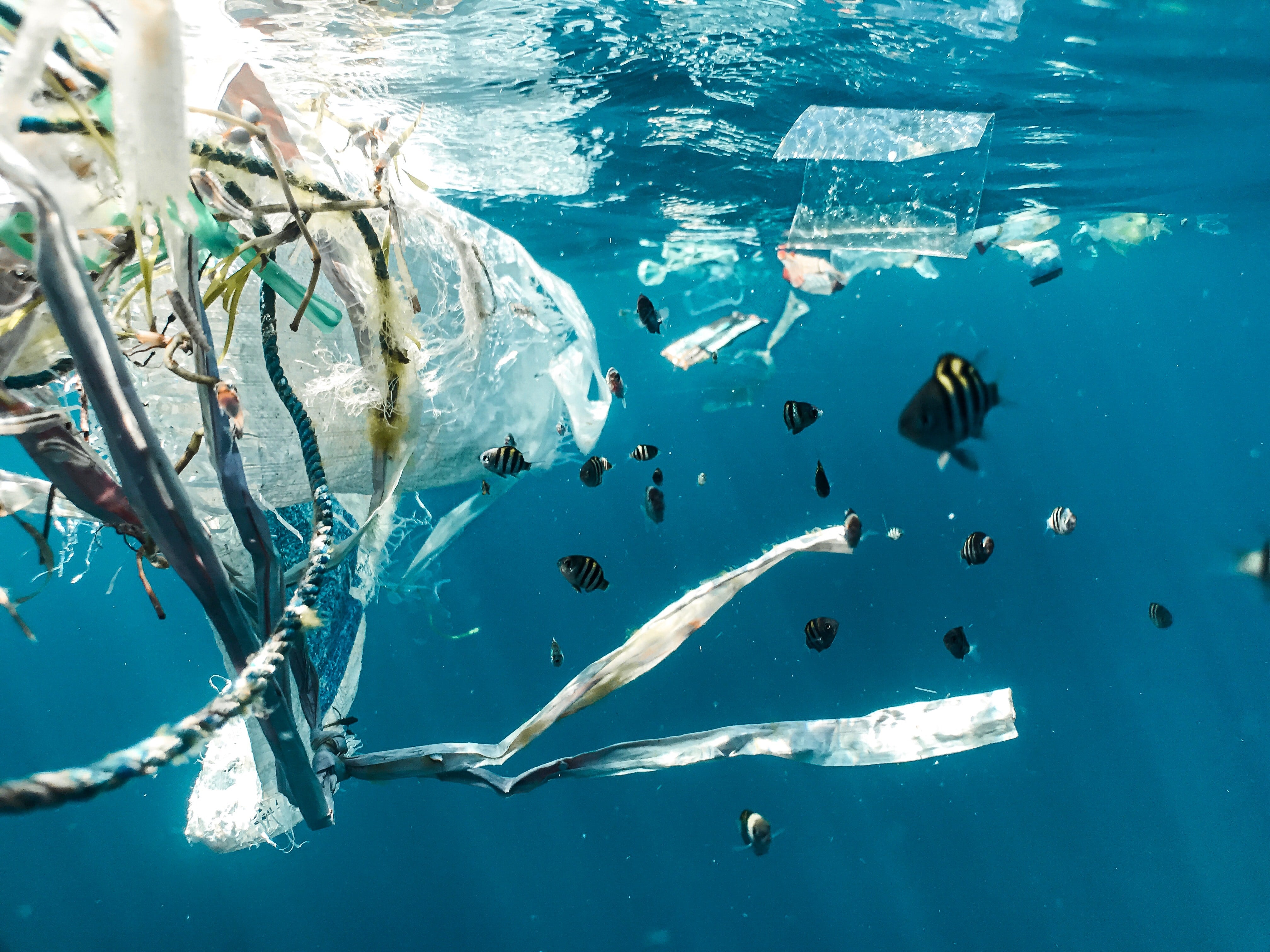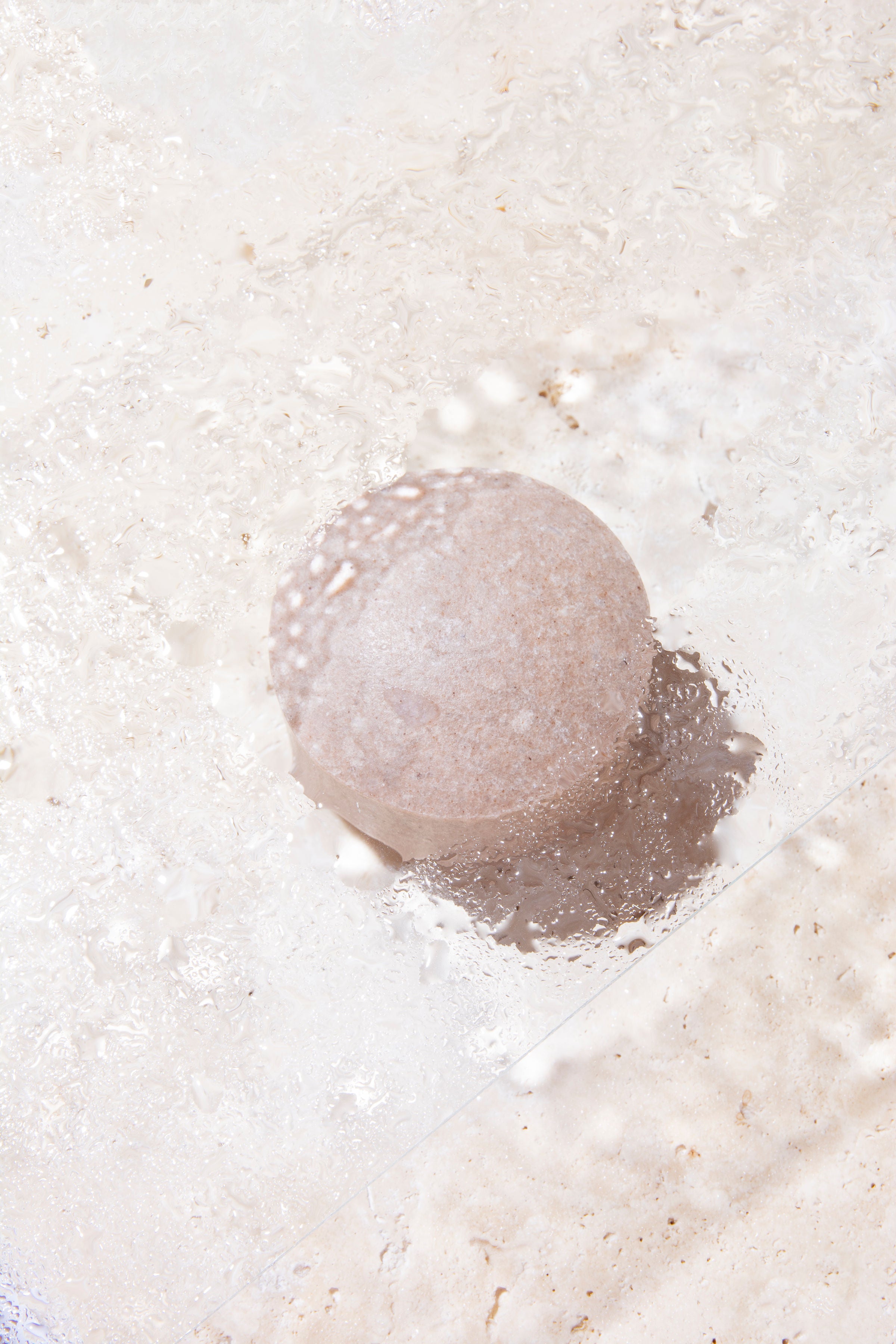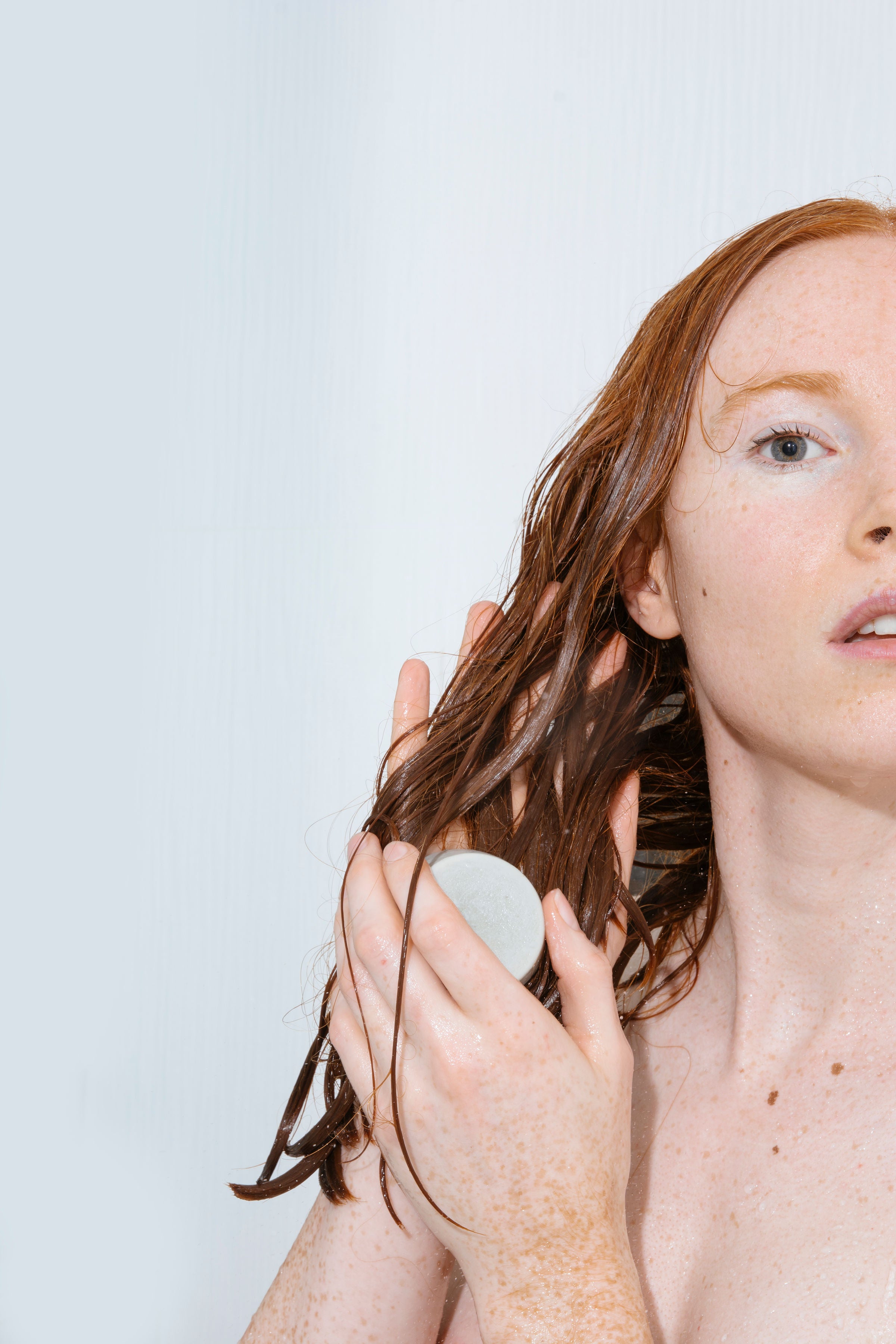
How Micro Plastics are becoming a Threat to Human Health
We're surrounded by plastics. Our furniture, clothing, electronics, food packaging and cosmetics are either made from plastics or contain plastics. In fact, natural materials used in manufacturing such as paper, glass and cotton have been replaced with plastics.
More plastic than fish in our oceans by 2050
Over the past six decades we have produced over 8 billion tonnes of plastics, and half of all the plastic ever manufactured was made in the last 13 years! But it doesn't stop there - plastic production is set to grow by 40% in the next 10 years.
I am sure you have heard the stat that if we keep creating plastic at the rate we have been, by 2050 there will be more plastic in the ocean than there is fish. It’s simple there isn’t the land mass or systems in place to remove all the plastic that has been created.
Recycling is a myth
40% of plastic created is used for single use disposables. And only 9% of the plastic that is created is recycled globally.
So what happens to the plastic after it is disposed of?
It ends up in landfills and the ocean and never degrades, it just gets broken down into smaller pieces called micro plastics. There is now 5.25 trillion macro and micro pieces of plastic in our oceans.
The plastic threat to human health
Plastic is shifting from an environmental issue to a human health threat. Here is why:
Micro plastics are small pieces of plastic that have been broken down over time by sunlight and mechanical forces. They have made their way into our food chain via rain clouds, water supply, and the animals we eat.
Once our bodies absorb these plastics they influence hormonally driven diseases such as hormone-related cancers, infertility and neurodevelopment disorders such as ADHD and Autism.
The containers and packaging that our beauty products come in are just as concerning as what’s inside them. In fact, a study carried out by the CDC in 2021 showed BPA present was 93% of all people tested over the age of 6. These studies have also found BPA in women's breast milk which has been linked to negative health effects in newborns.
Plastics can also affect weight gain - have you heard the term "obesogens"? Obesogens are artificial chemicals believed to contribute to obesity. They're found in various food containers, baby bottles, toys, plastics, cookware and cosmetics. When these chemicals enter your body, they can disrupt its metabolic function and promote weight gain.
Plastic pollution doesn't have to be our future
It's time to fight against plastic pollution.
We need solutions like shampoo bars.
Our actions speak louder than our words. We're committed to preserving fresh water resources, fighting plastic pollution, protecting soil degradation and biodiversity.
Our earth and health needs our help. That's why we're focused on both the chemicals in our products and the packaging they come in, to ensure the protection of both our environment and health.
For every 2 shampoo bars purchased we plant 1 tree. For every full size shampoo bar purchased you are saving our world from 2 plastic bottles.
Find our more about our environment initiatives here
Written by Amy Hamilton




Leave a comment
This site is protected by hCaptcha and the hCaptcha Privacy Policy and Terms of Service apply.